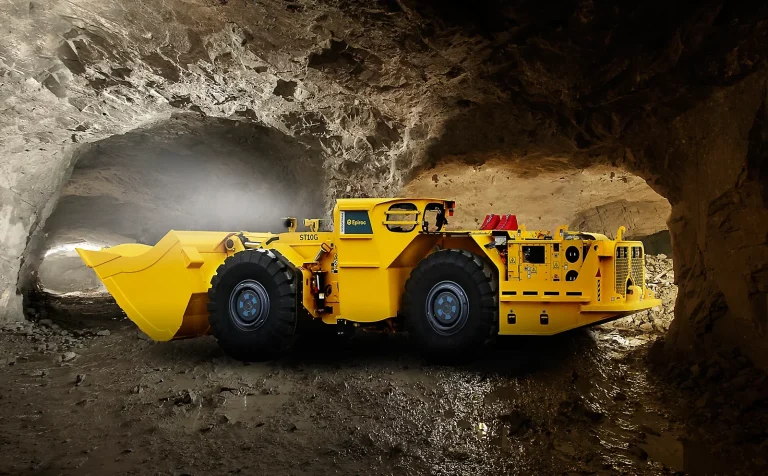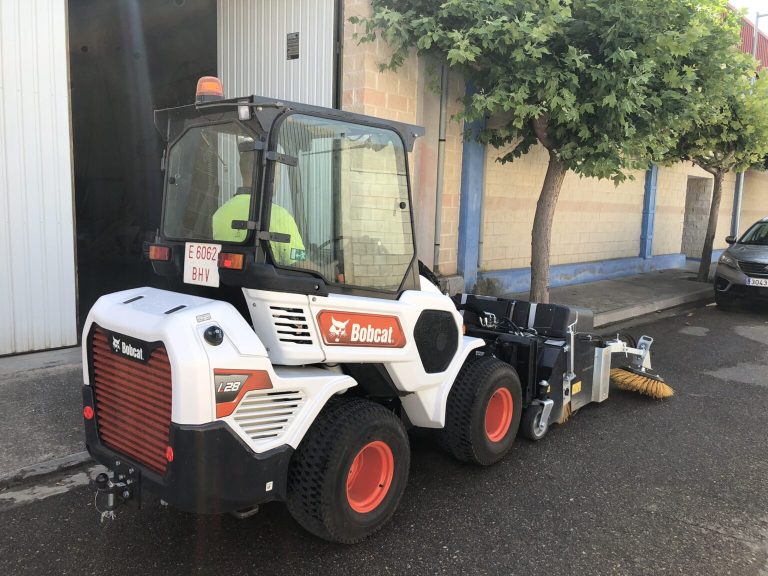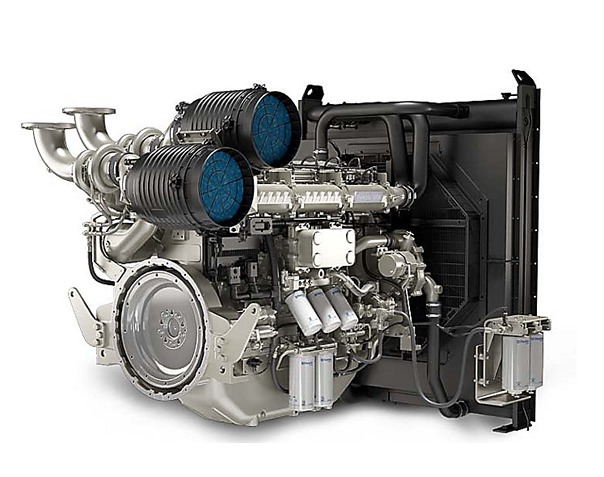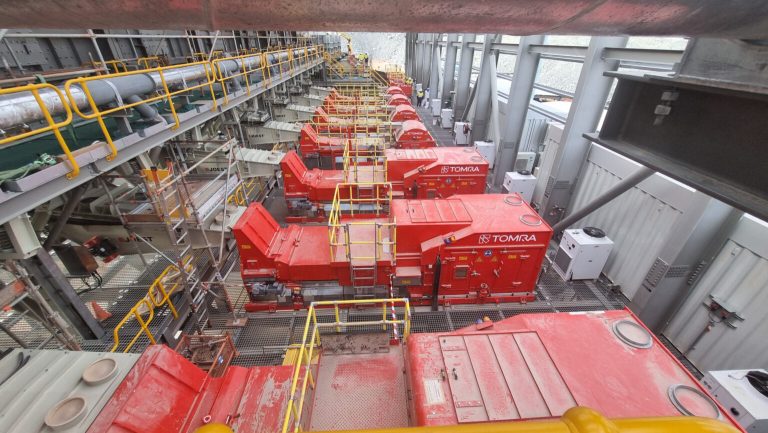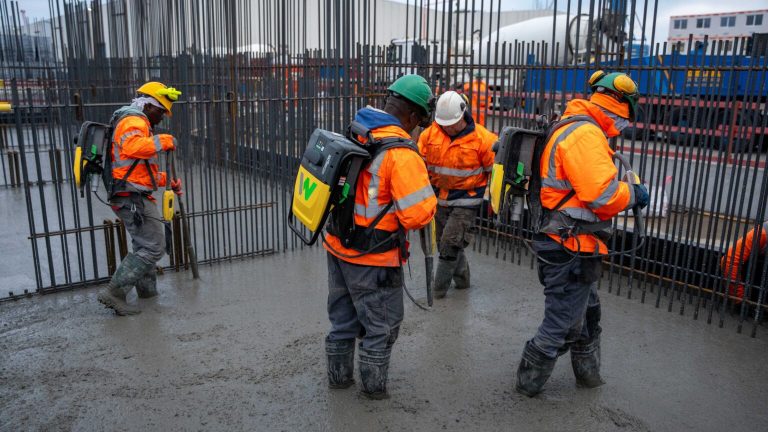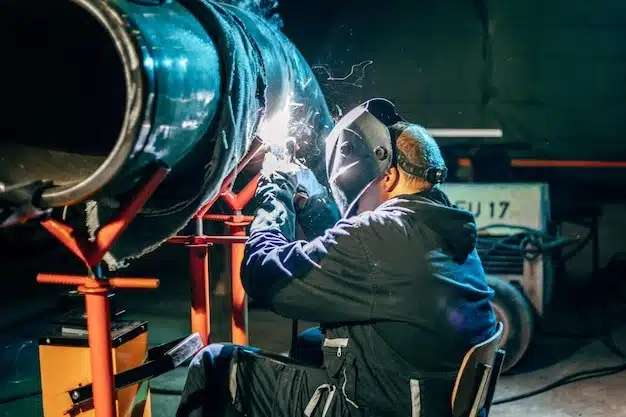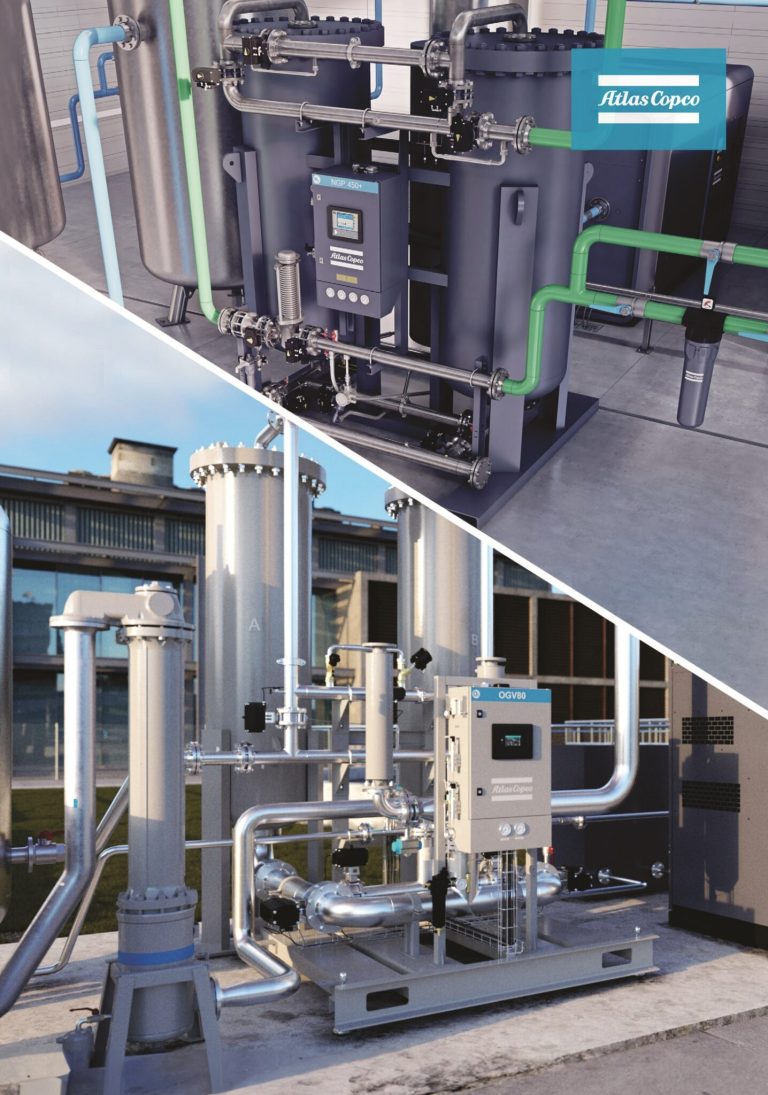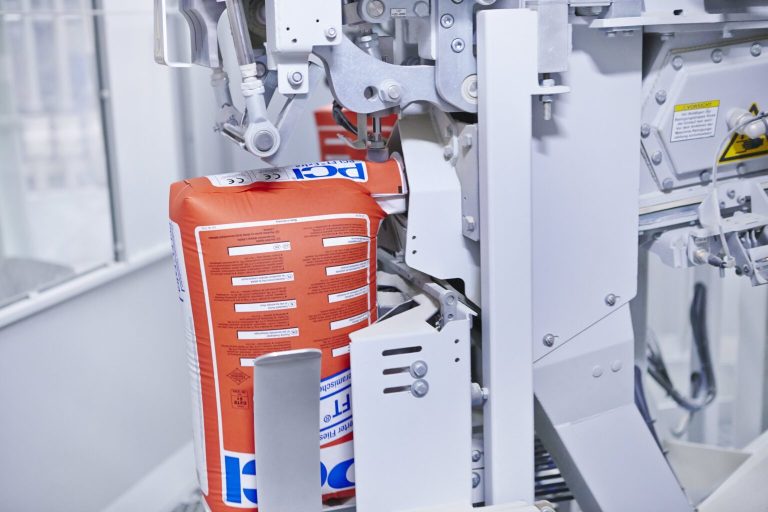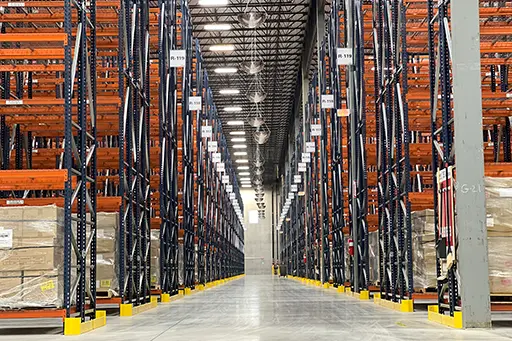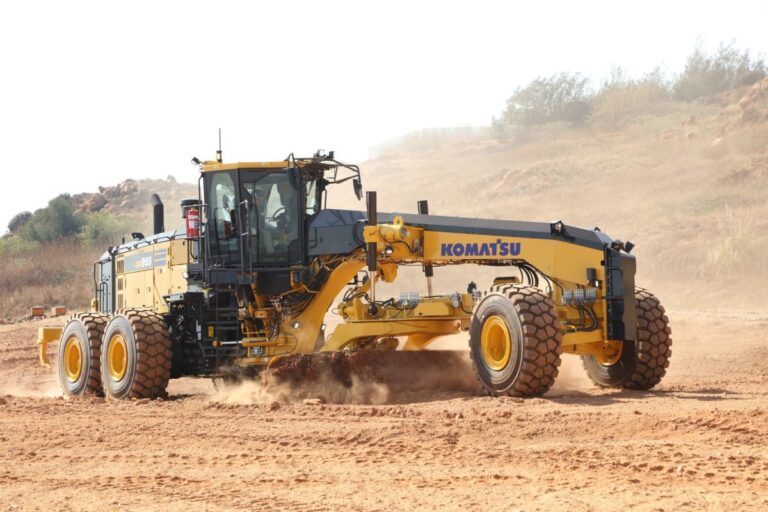The small Spanish village of Ontinar de Salz (Zuera, Zaragoza) has purchased a new Bobcat L28 small articulated loader, which is being used for landscaping, cleaning and maintenance work in and around the local community.
The L28 model clearly ticked all the boxes, as the village needed a multi-purpose machine, capable of tackling day-to-day municipal tasks, such as sweeping, weeding, breaking concrete, moving loads, and even mowing the soccer field. This can all be carried out with the Bobcat L28 thanks to its low ground disturbance and the specific turf-safe mode that ensures that the Bobcat loader does not damage the grass surfaces.
An All-in-one Solution for Jobs in Confined Spaces
Bobcat small articulated loaders offer an all-in-one solution for jobs in confined spaces, ideal for a small village. The machine’s size and tight turning radius make it easier to work in hard-to-reach areas. Its design makes it highly nimble and easy-to-handle, thanks to an articulation joint that guarantees high manoeuvrability. Despite its compact size, it delivers superior performance and maximizes productivity, due to its high torque engine that makes it a powerful and practical multi-purpose tool for a wide range of applications.
Impressive Versatility Thanks to Attachments
Alfredo Gaspar, the Mayor of Ontinar de Salz, talks about the new machine in glowing terms: “We are very satisfied with the performance of the Bobcat L28 articulated loader. It is the ideal model for our needs because of its compact dimensions, which are ideal for working in narrow streets, and it is very easy to operate.
“It has given us a convenient way of working as it is a highly versatile and multi-purpose machine, allowing us to perform different tasks with a quick change of attachments.”
Bobcat attachments are the key to this machine’s versatility. To allow operators to perform more tasks, the articulated loaders are equipped with the hybrid Bob-Tach system, which makes them compatible with both small and standard attachments.
Using the Bob-Tach mounting system is fast and easy. After lining up the attachment to the compact loader, the operator simply presses a switch inside the cab to engage the wedges into the attachment. It locks into place and keeps the attachment secure, without the need to get out of the cab. In addition, Bobcat compact equipment is compatible with the firm’s original attachments, which further simplifies this step for the operator. This allows operators using this loader in Ontinar de Salz to quickly switch between different tasks on the same jobsite without having to change machines.
Improved Speed, Comfortable Cab and Easy, Intuitive Operation
Alfredo Gaspar continues: “We chose Bobcat over all the other brands because the surrounding municipalities have Bobcat equipment and are very satisfied. The Bobcat L28 loader is used both in urban environments and in the surrounding open terrain.
“There are obvious advantages when it comes to the most common tasks and the end result always lives up to expectations. The Bobcat L28 loader has allowed us to mechanise manual work considerably, which makes a huge difference. It can take over the work of several operators and speeds up the process.
“To get the most out of the machine, we’ve also purchased a series of attachments including a brush cutter, a hydraulic breaker, a sweeper and pallet forks, which are very useful when it comes to maintaining and developing green spaces.
“It’s a very modern machine, with all the safety features that are essential for our operators. The operator cab is comfortable and we haven’t had any nasty surprises, as the fuel consumption has matched the figures on this model’s technical data sheet.”
The operators of the Bobcat L28 loader in Ontinar de Salz appreciate the comfort of the cab and the simple and intuitive handling. They single out its street cleaning performance in particular. And one of the features they value most is the dumping height. The excellent lifting capability offered by the Bobcat L28 loader compared to the machine weight is ideal for lifting and transport operations in tight areas, such as the streets of the old town. Its telescopic arm further simplifies load placement, which is also facilitated by all-round visibility.
Its impressive stability, tipping load and reach make it easy to position loads over ditches and pavements. The open cab design makes working safer, with the 360° visibility ensuring a visual overview of the entire jobsite.
Alfredo Gaspar says: “The most important thing about this machine is that, without a doubt, it is several machines in one. We are very happy with the result, as well as with the excellent relations with the local dealer, JRA Maquinaria. This model gets an excellent rating from us, 10 out of 10.”
For more information about Bobcat products, attachments and services, visit www.bobcat.com
Press contact:
Michael Isherwood
Tel.: +44 20 8723 0161
mikish@btinternet.com


